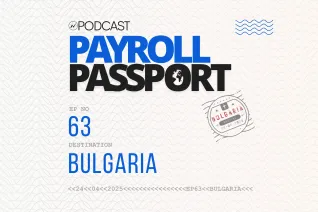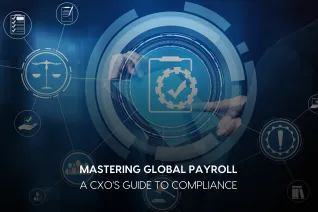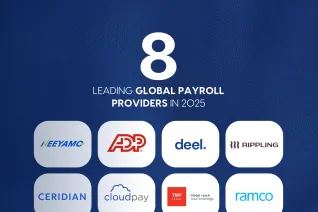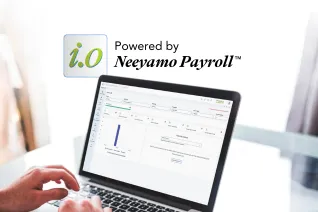From GDPR to CCPA: Navigating the Global Data Privacy Regulations
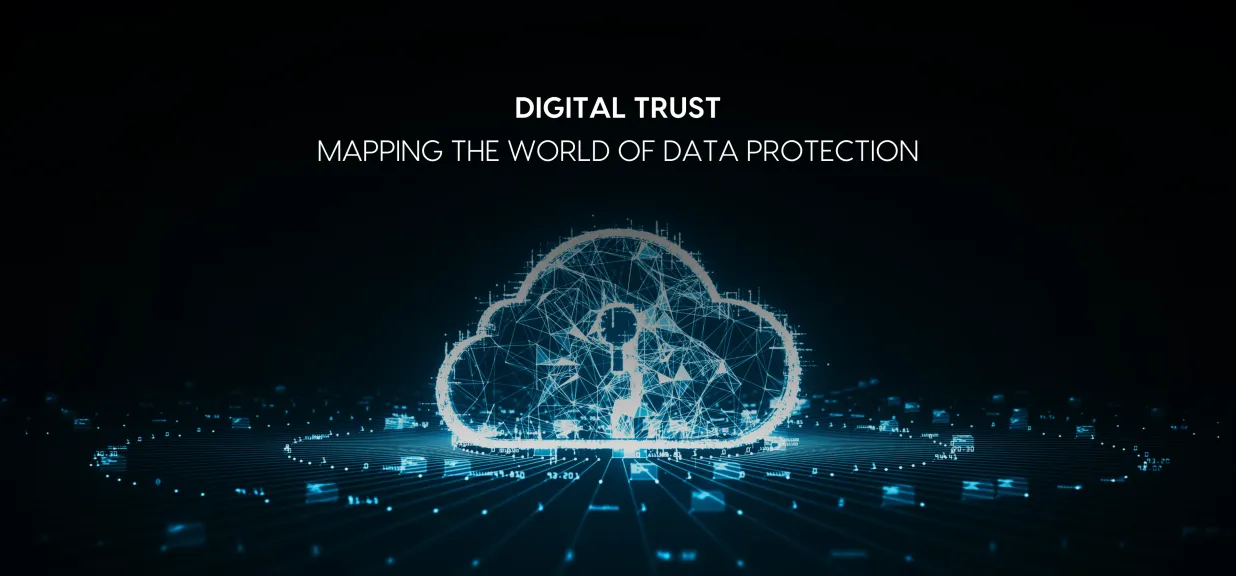
Data, a cornerstone of the modern business landscape, presents both immense opportunities and significant challenges. While its potential to drive profits is undeniable, raw data must be meticulously refined and analyzed to extract meaningful insights. In the digital age, where every individual generates a digital footprint, data has become a valuable commodity. Unlike opinions, data offers a more reliable and predictable foundation for decision-making, enabling businesses to forecast outcomes, optimize operations, and develop effective strategies. However, the misuse or mishandling of data can lead to disastrous consequences.
Data privacy, the principle of individuals controlling their personal information, has become a paramount concern. Businesses routinely collect sensitive data, such as email addresses, biometrics, and credit card numbers. To maintain trust and comply with regulations like the General Data Protection Regulation (GDPR), organizations must prioritize data privacy by obtaining user consent, safeguarding data from breaches, and empowering individuals to manage their information. According to a study conducted by Gartner, it is estimated that 75% of the global population will have their personal data covered under data policy regulations. By investing in data protection measures, businesses not only protect their customers' rights but also enhance their own security and reputation. Robust data loss protection strategies are essential in today's environment.
What is Data Protection and Data Privacy important?
- Protects personal and non-personal information: Data privacy laws are aimed at ensuring proper protection and security of citizens' personal and non-personal information.
- Builds stronger trust and confidence: These laws are also vital as they strengthen the foundation for trust and confidence amongst the people.
- Data ethics: These laws serve the purpose of data processing, collecting, and data ethics. Data ethics are the principles that ensure that data collection and processing are all based on ethical standards, that there is fair and transparent data processing, and that the processing is non-arbitrary and non-discriminatory.
- Prevents data breaches, identity thefts, etc.: With the increasing number of people joining the digitization process, there are higher chances of committing any offense, such as fraud, identity theft, data breaches, etc. Understanding data protection and privacy is more important than ever.
ALSO READ I Global Data Protection: Centralized Security vs Local Data Sovereignty
Techniques to Protect Data
- Data encryption: It is a security method that translates data into a code, or ciphertext, that can only be read by people with access to a secret key or password. The unencrypted data is called plaintext. The science of encrypting and decrypting information is known as cryptography. Data encryption protects data from being stolen, changed, or compromised. However, the decryption key must be kept secret and protected against unauthorized access to ensure data remains protected.
- Pseudonymization: Pseudonymization is the process of removing personal identifiers from data and replacing them with placeholder values. It is sometimes used to protect personal privacy or improve data security. In combination with other important privacy safeguards, such as encryption, pseudonymization can help maintain user privacy.
The General Data Protection Regulation (GDPR) mentions pseudonymization as one method for protecting personal data, but it does not require its use. Pseudonymization does not guarantee privacy or that an organization will avoid violating the GDPR.
- Data minimization: Data minimization involves limiting data collection to only what is required to fulfill a specific purpose. Under the GDPR, enterprises are encouraged to practice data protection principles such as minimization because data is sometimes collected and saved indefinitely. This practice creates large stockpiles of data that are difficult to protect, organize, and manage.
DOWNLOAD NOW I Payroll Compliance in the European Union: Understanding GDPR and Other Regulations
Global Overview
One of the biggest challenges facing global data privacy is the cross-border nature of data. With businesses operating across multiple jurisdictions, ensuring compliance with all applicable laws can be difficult. Additionally, the rapid pace of technological advancements, such as artificial intelligence and the Internet of Things, raises new questions about data privacy and security. Let us understand various laws that are followed globally. Navigating international data privacy regulations is a complex but essential task.
Data Privacy in Europe
- General Data Protection Regulation (GDPR): The European Union's GDPR, enacted in 2018, is one of the most comprehensive data privacy regulations globally. It applies to all EU member states and has extraterritorial reach, impacting businesses worldwide that handle the personal data of EU citizens. GDPR mandates strict consent requirements, data breach notification, and the right to be forgotten, empowering individuals with greater control over their data.
- E-Privacy Directive: This EU directive complements GDPR by focusing on electronic communications, including cookies and direct marketing. It requires user consent for website cookies and sets rules for electronic marketing.
Data Privacy in the United States
- California Consumer Privacy Act (CCPA): The CCPA, which has been in effect since 2020, is a landmark data privacy law in the United States. It grants California residents rights over their personal data, including knowing what data businesses collect, requesting data deletion, and opting out of data selling.
- Health Insurance Portability and Accountability Act (HIPAA): HIPAA is specific to the healthcare industry and imposes strict requirements for protecting patients' health information.
ALSO READ I Securing HR Data: Protecting Privacy and Reputation in the Digital Age
Data Privacy in Asia
- Personal Data Protection Act (PDPA) - Singapore: PDPA regulates the collection, use, and disclosure of personal data. It introduces consent obligations, data protection policies, and data breach notification requirements.
- Personal Information Protection Law (PIPL) - China: The PIPL, effective from 2021, is China’s comprehensive data privacy law. It stipulates conditions for cross-border data transfers and the rights of data subjects.
Data Privacy in Latin America
- Lei Geral de Proteção de Dados (LGPD) - Brazil: LGPD, inspired by GDPR, safeguards personal data in Brazil. It grants data subjects rights such as access, portability, and the right to delete personal information.
- Ley de Protección de Datos Personales (LPDP) - Mexico: LPDP governs the processing of personal data in Mexico. It defines data subject rights and obligations for data controllers.
Data Privacy in Africa
- Protection of Personal Information Act (POPIA) - South Africa: POPIA became fully operational in 2021, safeguarding personal information in South Africa. It sets conditions for lawful processing and provides data subjects with rights.
- Data Protection Act (DPA) - Zimbabwe: DPA 2021 safeguards personal information, sets data handling rules, and gives individuals data rights. The Postal & Telecommunications Regulatory Authority of Zimbabwe (POTRAZ) enforces the law.
DOWNLOAD NOW I Impact of GDPR in the world of Background Verification
As the world becomes more interconnected, data privacy regulations are expected to evolve. International efforts to harmonize data protection laws and provide a global framework for data privacy are also gaining momentum. The cross-border nature of data and the increasing digitization of our lives necessitate a collaborative approach among nations.
While tackling the challenges of data privacy regulations is no small feat, businesses can leverage compliance to gain a competitive edge and foster trust. By staying informed and taking proactive measures, you can protect your organization and build customer trust. Looking to navigate the complex world of data privacy? Neeyamo offers expert compliance solutions. Contact irene.jones@neeyamo.com to learn more.
Latest Resources
Stay informed with latest updates
If you're curious and have a thirst for knowledge pertaining to the HR, payroll, and EOR universe, don't miss out on subscribing to our resources.



